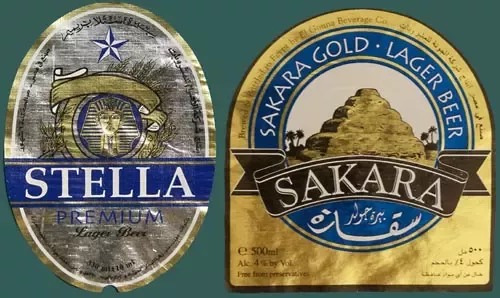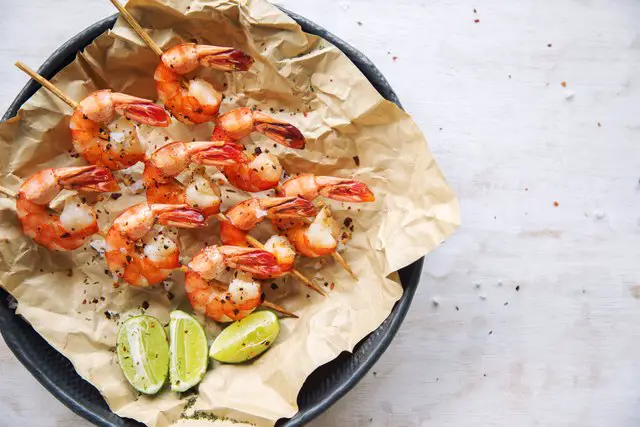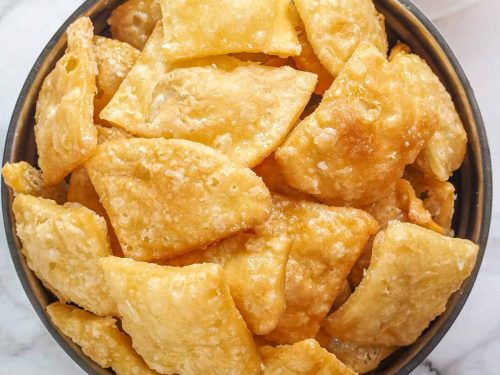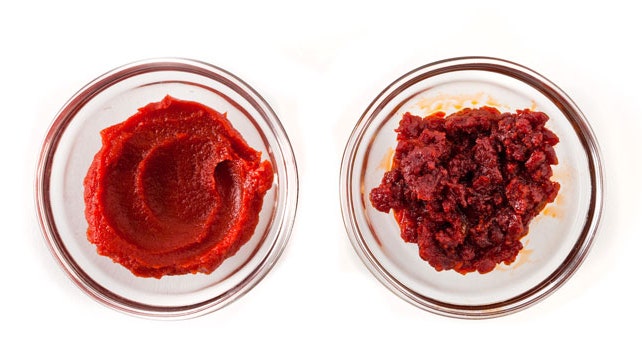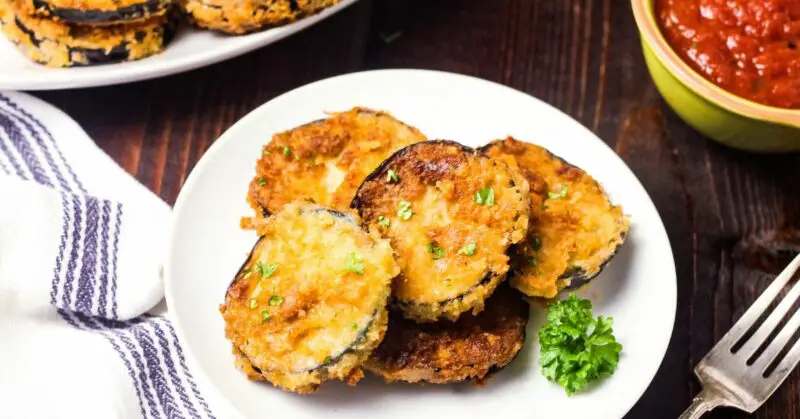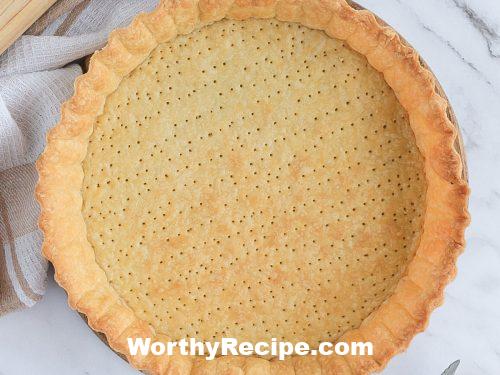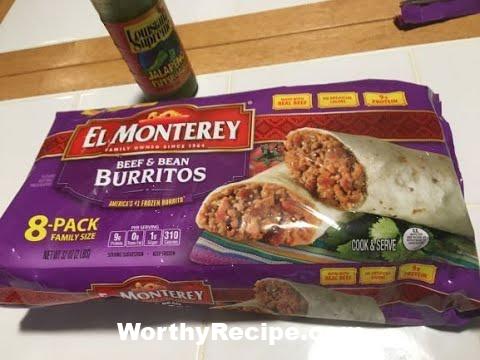Is it Halal to Eat Food Cooked with Alcohol?
Halal and haram are two Islamic terms that refer to what is lawful and what is prohibited respectively. In Islamic dietary laws, halal foods are those that are allowed according to Islamic law, while haram foods are forbidden. While some foods are clearly considered halal or haram, others fall into a gray area, leaving room for debate and differing opinions among Muslims. One food item that falls within this gray area is food cooked with alcohol.
Understanding Alcohol in Food
Before delving into the Islamic perspective on food cooked with alcohol, it’s important to first understand the role of alcohol in cooking. There are different types of alcohol used in cooking, including wine, beer, spirits, and liquors. When alcohol is used in cooking, it serves several purposes such as enhancing the flavor of dishes and adding sweetness or acidity.
It’s important to distinguish between alcohol as a beverage and alcohol as an ingredient in food. The Quranic prohibition on consumption of alcohol refers specifically to drinking it as a beverage, whereas its use as an ingredient in food may be considered differently.
The amount of alcohol present in a final dish depends on various factors such as the type of alcohol used, the cooking method, and the duration of cooking. Some studies suggest that most of the alcohol content evaporates during the cooking process but not all of it. It’s estimated that up to 80% of the alcohol may remain after cooking if a dish is simmered for only 15 minutes but only about 25% if simmered for 2 hours. However, these estimates depend heavily on various factors specific to each dish.
Islamic Perspective on Alcohol Consumption
The Quran strictly prohibits Muslims from consuming any intoxicating substances, including alcohol. Numerous verses in the Quran such as 5:90-91 and 2:219 explicitly forbid the consumption of alcohol. The Prophet Muhammad (peace be upon him) also emphasized the dangers of alcohol, stating that it is “the mother of all evils” in a hadith narrated by Al-Tirmidhi.
When it comes to food cooked with alcohol, Islamic scholars have differing opinions. Some argue that since all the alcohol content evaporates during cooking, it would not pose any harm to a Muslim’s soul. Others maintain that consuming any food cooked with alcohol is haram regardless of the amount present in the dish.
One hadith, narrated by Abu Dawood and others, suggests that consuming food cooked with wine is permissible as long as it has not been contaminated by impurities, whether natural or chemical:
“What a good condiment vinegar is!” The Prophet (peace be upon him) exclaimed when he was presented with fresh dates. “What a good condiment vinegar is!” Then he ate some.” (Abu Dawud)
Some scholars interpret this hadith to mean that consuming small amounts of food cooked with wine or other alcoholic drinks is permissible as long as it does not intoxicate.
Factors Affecting Halal Status of Food Cooked with Alcohol
The halal status of food cooked with alcohol depends on various factors such as the source and type of alcohol used, the amount present in the final dish, and the intention behind using it.
If an ingredient derived from grapes or dates is used in a recipe, it should be avoided as these ingredients are ultimately derived from fermentation and may contain residual amounts of naturally occurring alcohol. Similarly, if an ingredient contains ethyl alcohol which has been derived from grains such as wheat, barley, or rye, it is haram according to most Islamic scholars.
If alcohol is used as a flavor enhancer and only a small amount of it is present in the final dish, it may be considered halal by some scholars. However, if the intention behind using alcohol is preservation rather than flavor enhancement or if it’s not possible to remove the alcohol completely from the dish after cooking, it would be considered haram.
Examples of Foods Cooked with Alcohol
Some common dishes that are cooked with alcohol include meat marinades, sauces, and stews. Some examples of such dishes include Coq au Vin (chicken cooked in red wine), beef bourguignon (beef stew cooked with red wine), and Shrimp Scampi (shrimp sautéed in white wine).
If you’re looking for an alternative to alcohol in your cooking, there are several substitutes such as vinegar, lemon juice, apple juice, pomegranate molasses, and chicken or beef broth.
Identifying Halal or Haram Food Cooked with Alcohol
It can be challenging to determine whether food has been cooked with alcohol when dining out or purchasing pre-packaged foods. However, there are steps you can take to ensure that what you’re eating complies with your religious beliefs.
- Read labels carefully: Check food labels for ingredients that may indicate the presence of alcohol such as wine vinegar or beer-battered.
- Seek clarification from manufacturers: If unsure whether a product contains alcohol or not, consider contacting the manufacturer and asking specific questions about ingredient sourcing and preparation methods.
- Ask for substitutes at restaurants: If dining out at a restaurant that serves food cooked with alcohol, consider asking for alternative dishes or asking the chef to leave out the alcohol without compromising the dish’s flavor.
- Consult with Islamic scholars and fatwa boards: If still unsure, consider consulting with religious scholars who can provide guidance on the halal status of food cooked with alcohol.
Compromising vs. Strict Approach to Halal Meat Consumption
While some Muslims choose to follow strict guidelines when it comes to halal meat consumption, others may compromise on certain aspects depending on their personal priorities or circumstances. This often leads to differing opinions among Muslims related to what is considered halal or haram.
If you’re someone who chooses to follow strict guidelines in halal meat consumption, you might consider avoiding food cooked with alcohol altogether. On the other hand, if you’re someone who’s more flexible in this regard, you may choose to consume dishes that have been cooked with small amounts of alcohol or use its substitutes as necessary.
Non-Muslim Perceptions and Misunderstanding Halal Food Practices
Halal food practices are often misunderstood by non-Muslims, leading to misconceptions such as halal only referring to meat or being overly restrictive. However, halal food practices encompass more than just meat and include a wide range of foods and ingredients that Muslims can eat. It’s important to clarify these misunderstandings and educate those around us about what halal really means.
Conclusion
The question “Is it halal to eat food cooked with alcohol?” has no definitive answer as it depends on several factors such as the type and source of alcohol used and how much remains in the final dish. Ultimately, it’s up to each individual Muslim to decide for themselves whether consuming food cooked with alcohol is permissible or not based on their beliefs and understanding of Islamic teachings.
Regardless of where one falls on the spectrum of halal meat consumption, it’s important to make informed decisions about the food we eat and be mindful of its composition. By doing so, we can ensure that what we’re eating is not only delicious but also halal according to our religious beliefs.
1) Is it considered halal to consume food cooked with alcohol?
It is a debated topic among Islamic scholars whether it is halal to eat food cooked with alcohol. Some argue that consuming any amount of alcohol, even in the form of cooking, is forbidden as it alters the nature of the food and creates intoxication. Others argue that cooking with alcohol evaporates the alcohol content, rendering the food permissible to eat. Ultimately, it depends on one’s interpretation and beliefs.
2) Can accidental consumption of food cooked with alcohol violate halal dietary laws?
If someone accidentally consumes food unknowingly cooked with alcohol, it is not considered a violation of halal dietary laws. However, if one is aware that a dish has been prepared using alcohol intentionally, it is imperative to abstain from consuming the dish.
3) What are some halal substitutes for alcohol in cooking?
There are several alternatives to using alcohol in cooking. Vinegar, lemon juice, apple cider, and extracts made from fruits or nuts are popular options. These substitutes provide a similar taste while maintaining the halal dietary requirements.
4) As a Muslim, what can I do to ensure that I am eating halal food?
It is crucial for Muslims to be mindful of what they consume. One should check for halal certification or ask about the ingredients used in preparing their meals. Additionally, it is advisable to stick to vegetarian and seafood options when ordering outside. Above all, one should trust their instinct and refrain from consuming questionable dishes or ingredients.
